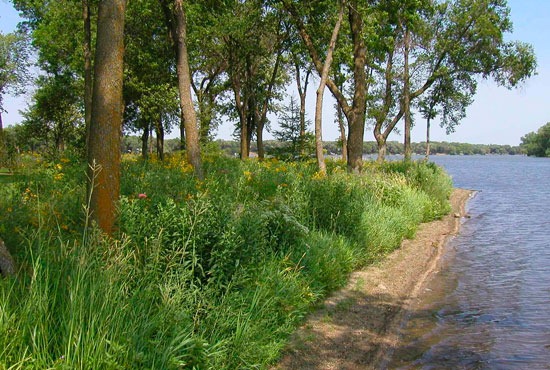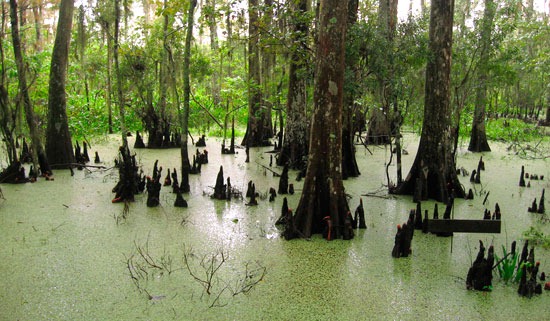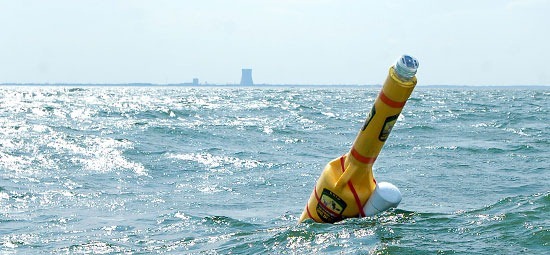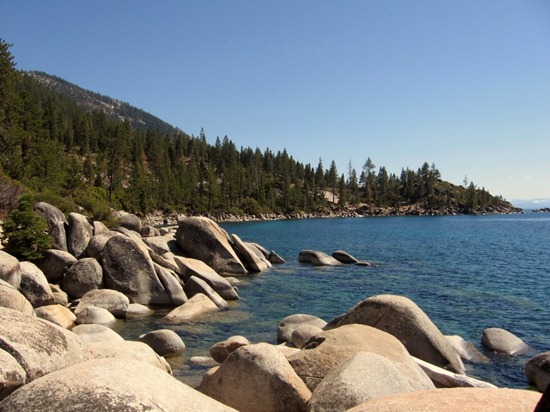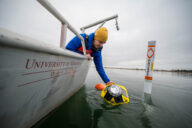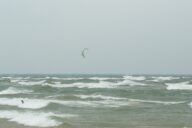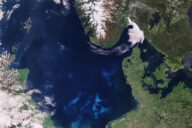$1.5 billion cost predicted to clean Raleigh’s drinking water
0There is cause for concern about the drinking water in North Carolina’s capital, and officials say it will take 25 years and $1.5 billion to rid its source of contaminants. In particular, exceedingly high levels of phosphorous and nitrogen are present in Falls Lake, the 12,500-acre man-made reservoir responsible for supplying drinking water to nearly half a million people in the area.
Lowering the harmful levels of nitrogen and phosphorous found in the lake is essential to the continued growth and development of the surrounding counties. If cleanup efforts do not move quickly enough, such that there is no significant improvement in water quality by 2016, it is projected that Raleigh will have to spend between $115 million and $315 million to upgrade the existing water treatment plant just to support the growing demand.

Concrete debris in Falls Lake
The cause of pollution is the stormwater runoff from urban territories that surround the Falls Lake watershed. This runoff contains high levels of nitrates and phosphorus, which can lead to an increase in the total organic carbon content of the water. This induces the production of carcinogenic compounds when lake water is combined with the chlorine that Raleigh uses in its water treatment facility.
Ken Waldroup, an assistant public utilities director for Raleigh, said the drinking water is safe for now and that problems are only projected years down the road after continued neglect and degradation of the lake’s water quality.
However, the need to rectify the pollution problems facing Falls Lake has been recognized by the state legislature for more than five years, and the state Environmental Management Commission is finally developing a strategy to reduce the inflow of contamination to the lake from the surrounding rivers and streams.
As for the impurities already present in the lake, Rich Gannon, planning supervisor with the Department of Water Quality under the N.C. Department of Environment and Natural Resources (DENR), assures that Falls Lake will be brought up to at least minimum standards.
Over $1B needed to clean up Falls Lake [WTVD-TV Raleigh-Durham, NC] Falls Lake cleanup could cost $1.5 billion [The Raleigh News & Observer] Public hearings set for Falls Lake pollution plan [The Raleigh News & Observer] NC lake that provides Raleigh’s water could cost $1.5 billion to clean of pollutants [Associated Press]
Image Credit: Courtesy of Ildar Sagdejev




